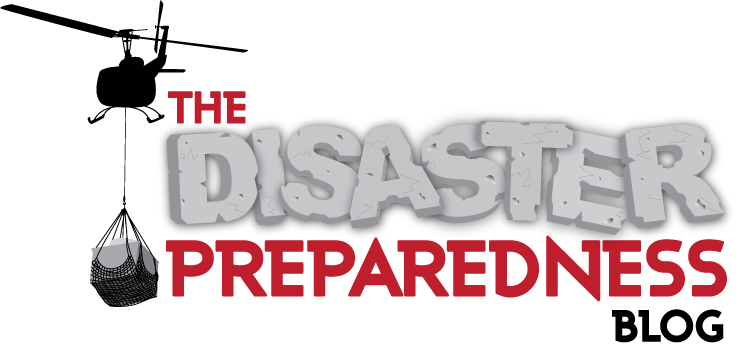During a major disaster, knowing how to turn off your utilities properly is important for your safety and may just save your life and valuables.
Events like earthquakes, tornadoes and even floods can cause gas leaks and shutting these utilities off quickly is important. These same disasters can also cause water to become contaminated so you will want to shut off the water main valve at your home.
To shut off your Gas take the following steps:
- Locate your gas meter and valve.
- Have a wrench immediately available for turning off the gas supply. (you can buy a special wrench but any adjustable one should do the job)
- Shut off gas only if you smell gas or hear a hissing noise. Contact the gas company to turn the gas back on.
- If you smell natural or propane gas, evacuate immediately and leave the area. Go to where you no longer smell gas. Do not use matches, lighters or open flame appliances. Do not operate electrical switches because sparks could ignite gas causing an explosion.
To shut off your water take the following steps:
- Turn off water at the main meter or at the water main leading into the house. This will prevent contaminated water from entering your water heater and plumbing.
- Turn off the valve — turn to the right. This will require a special valve wrench, available from a hardware store. Make sure you have the tool readily available.
- If there is an active leak and you cannot locate the valve call your local water department.
For more information try this How To Turn Off Utilities form northshorefire.com
ans Turning off your gas from PG&E
 Saturday, July 12, 2014 at 12:48PM | |
Saturday, July 12, 2014 at 12:48PM | |  Email Article
Email Article 






